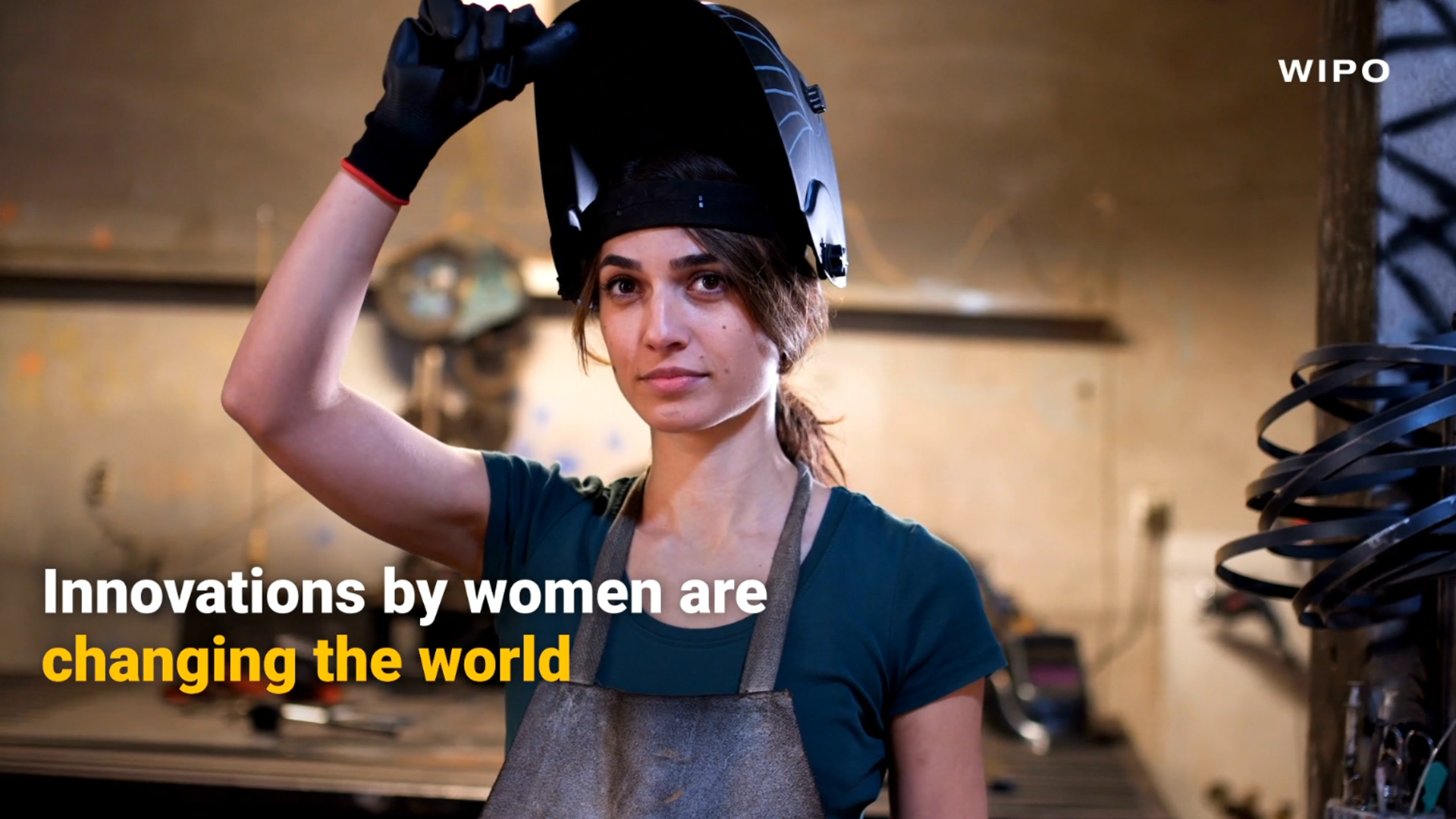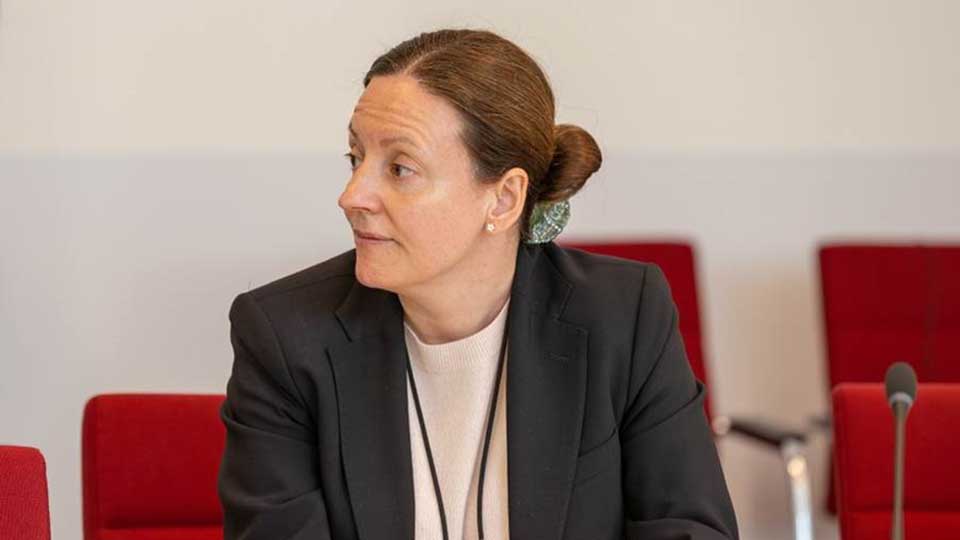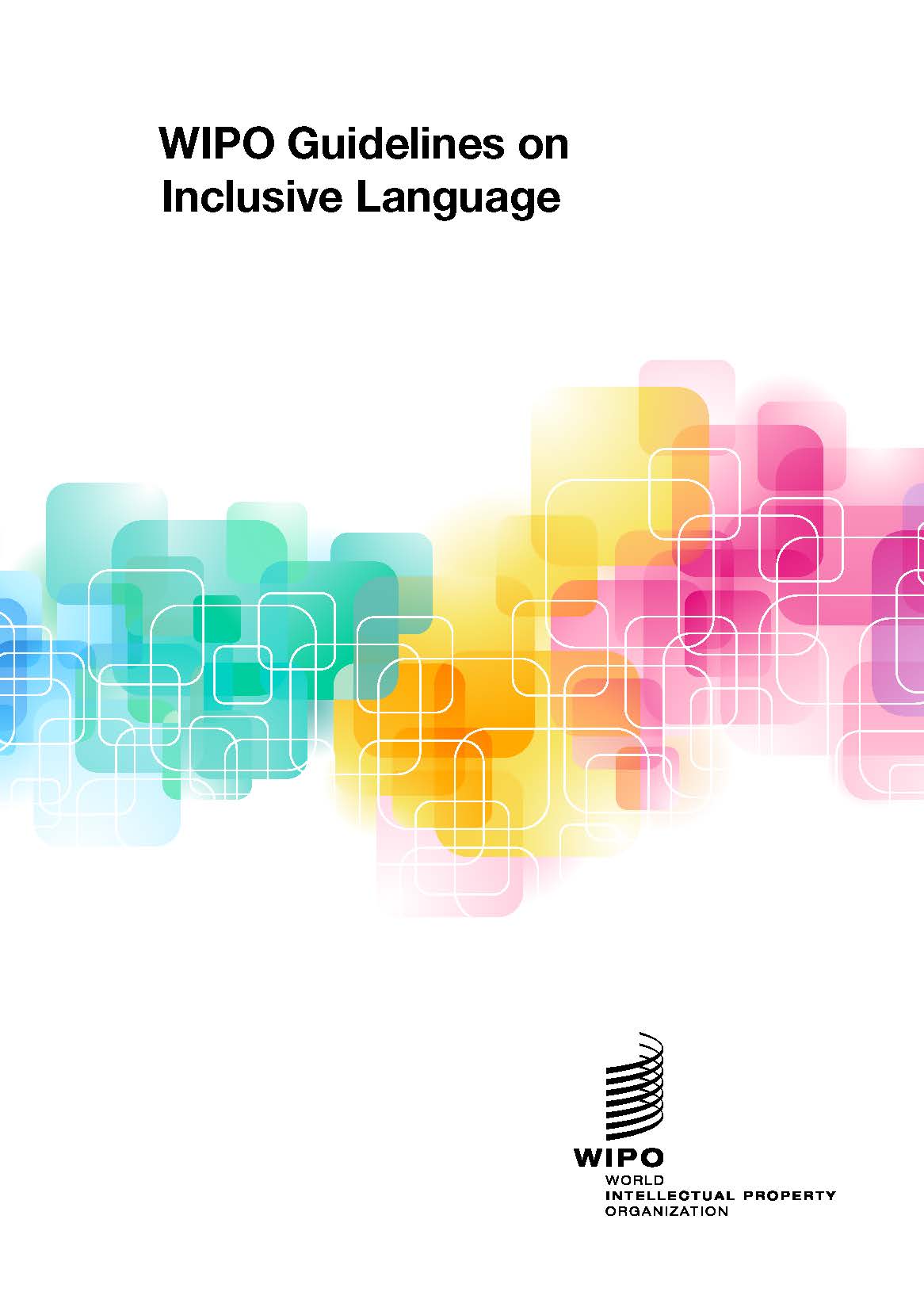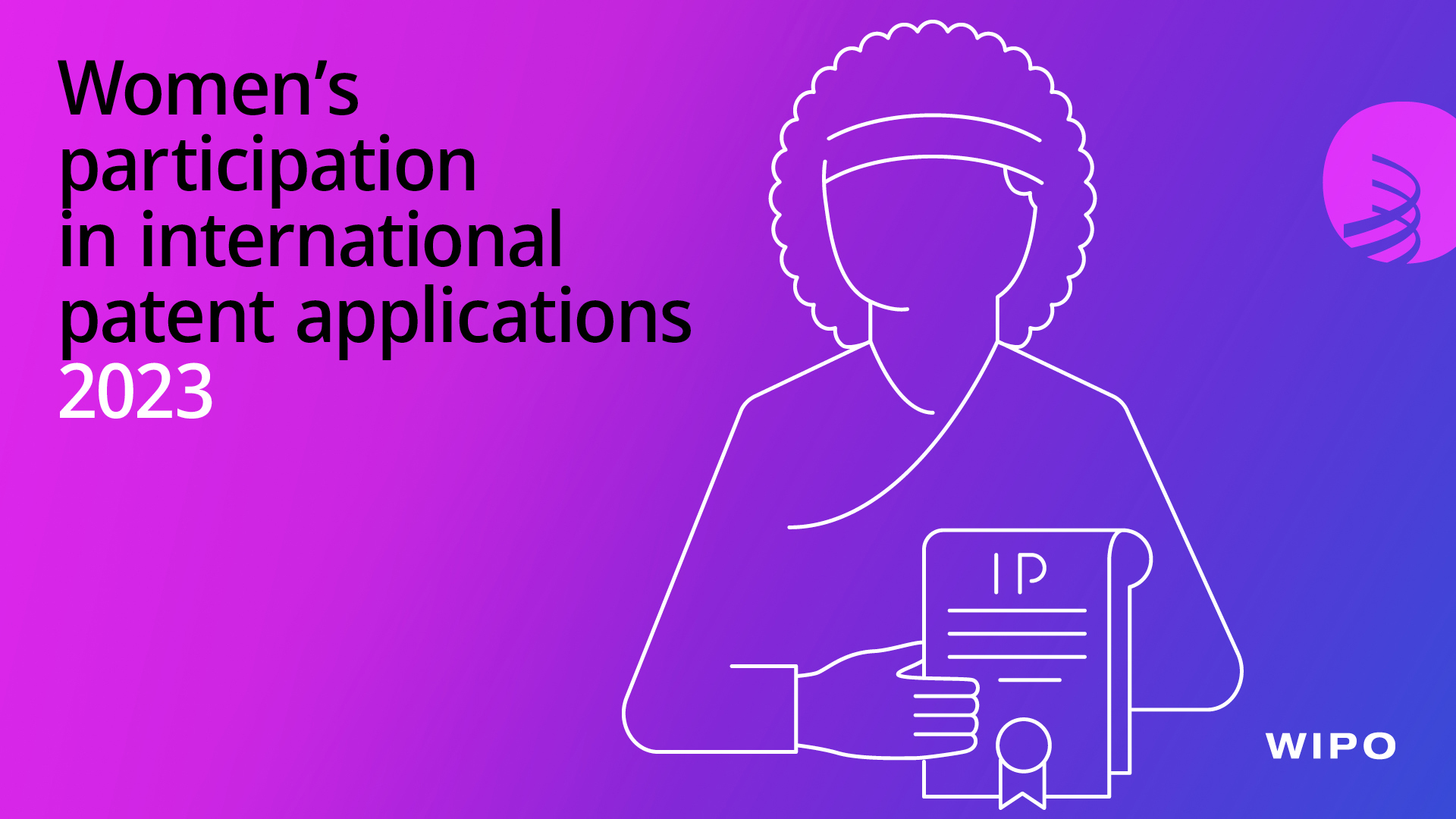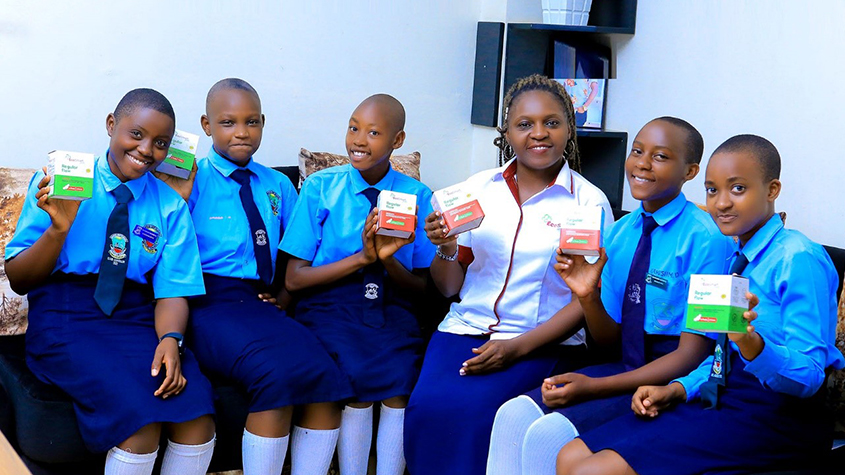Women and Intellectual Property
Women have always played an important role in human creativity and progress. Throughout history, people from all backgrounds have changed the world with their ideas and inventions. Yet today, women are still under-represented in intellectual property (IP). For example, only about one in six inventors listed on international patent applications are women. This means much of women’s creative potential is not being used - at a time when the world needs everyone’s ideas to solve its biggest challenges.

Call for Papers: Global Research Experts Meeting on Improving Women’s Participation in Innovation, Creativity, and Intellectual Property (November 24–25, 2025)
Submit your research, exchange insights, and help shape policies that expand opportunities for women in the global IP landscape.

WIPO publications on gender and diversity

WIPO Policy on Gender Equality
PUBLICATION YEAR: 2024
Our overall guidance to ensure the equal participation of diverse women and men in both the innovation ecosystem and in the structures and organizations that support it.
Innovation gender gap insights
These stories offer insights from economic research work on the gender gap in innovation in a short and accessible manner. They shed light on what we know and how we measure the gap. They also offer potential actions to address it.
News
The challenge – Insufficient data and persisting gender gaps
Disparities exist in the use of the IP system by women and other groups. WIPO is working to bridge them. According to WIPO data released in March 2024, it is estimated that only 17.7 percent of inventors named in international patent applications were women in 2023. While numbers are rising, progress is slow. WIPO estimates that, at current rates, parity among Patent Cooperation Treaty (PCT)-listed inventors will only be reached in 2077.
Find out more
- World Intellectual Property Day 2023 - Women and IP: Accelerating innovation and creativity
- The Innovation Gender Gap – Economic research and the importance of measuring women's participation in the innovation ecosystem
- Innovation Gender Gap: Gender Parity in Patenting Expected by 2061 (2023 report)
- Together We Can: Approaches to Empowering Women in IP
IPGAP Database
World Intellectual Property Day 2024
Initiatives at WIPO
Inspiring innovators
Research and studies
- Policy Approaches to Close the Intellectual Property Gender Gap - Practices to Support Access to the Intellectual Property System for Female Innovators, Creators and Entrepreneurs [PDF]
- Challenges for Women Inventors and Innovators in Using the Intellectual Property System - A Literature Review [PDF]
- Women and IP Commercialization in the Asian region: the case of the Philippines [PDF]
- Women and IP Commercialization in the Asian region: the case of Sri Lanka [PDF]
